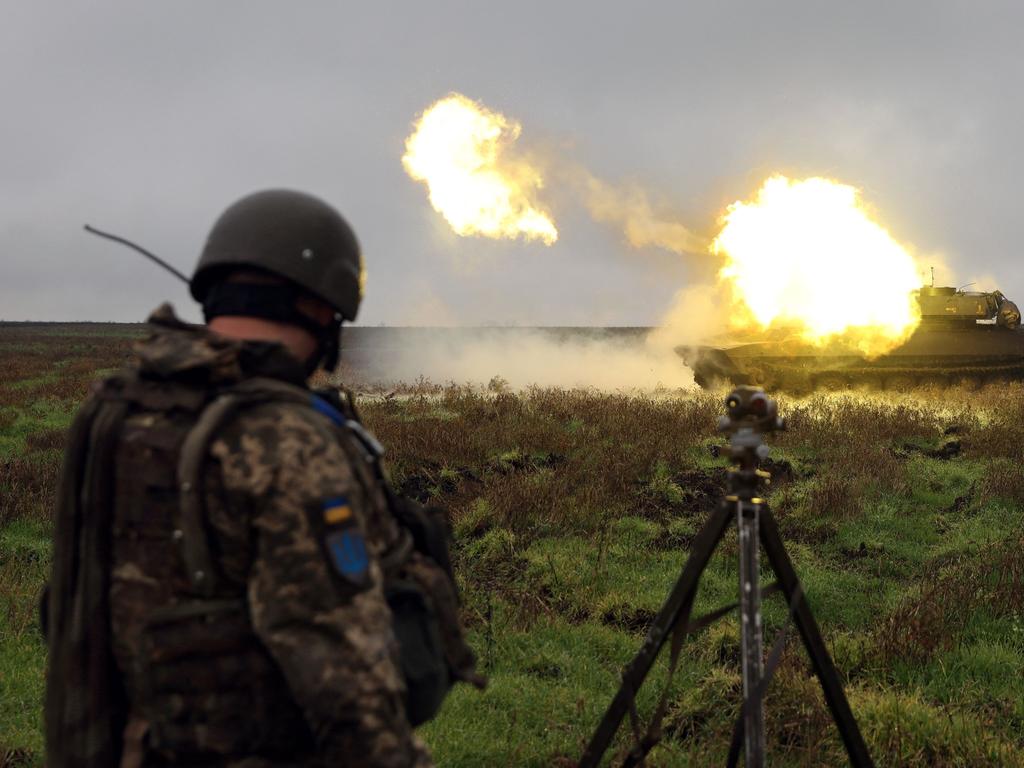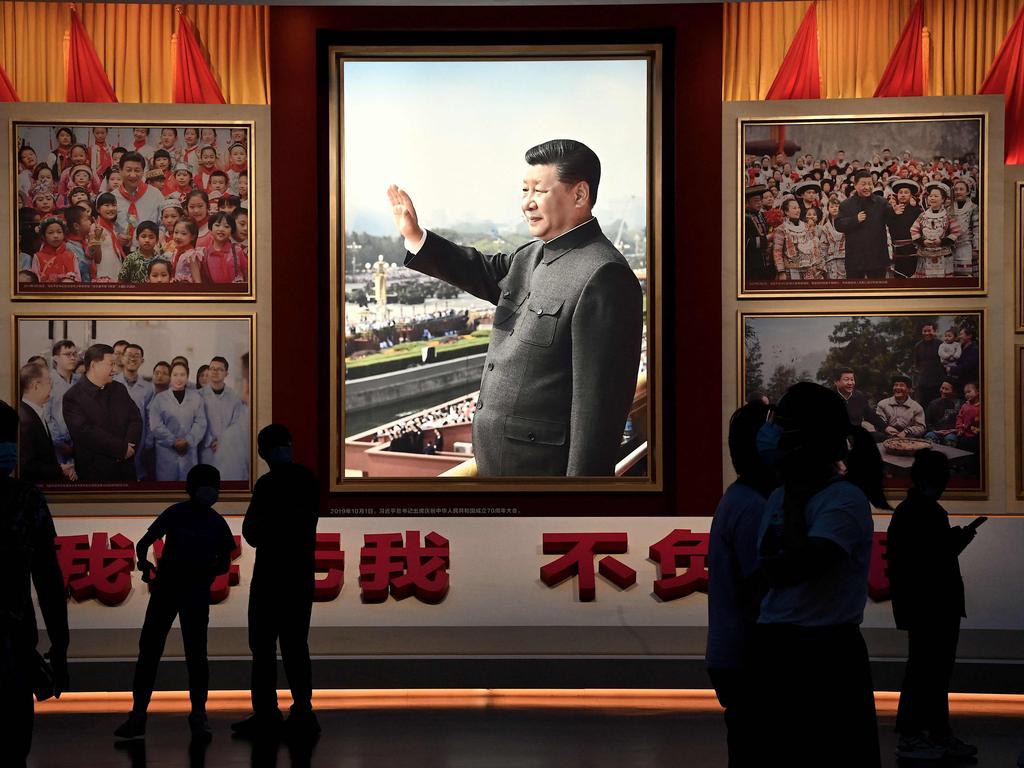Putin’s botched invasion may benefit Taiwan

Beijing’s overheated response to US Speaker Nancy Pelosi’s summer trip to Taiwan was supposed to show that China, like Russia, could quickly put itself on battle-footing. There were live-fire exercises in the direction of the island — 100 planes and warships crossed into zones close to Taiwan. Chinese customs targeted Taiwanese shipments bound for factories making American goods such as iPhones. Xi called a halt to co-operation with the US on military matters and climate change.
It had the feel of a dress rehearsal. China’s frustrated nationalists already say that “no option is excluded” in the unstoppable drive for national unification with Taiwan. They will want Xi, as he seeks a third term in office, to go further. But is Xi ready to set a timeline for Beijing’s ambitions, to move into position on Taiwan, to gear himself up perhaps for a future unification at gunpoint?

Putin’s muddled invasion of Ukraine is showing him what cannot be done. Russia had hoped to bring about regime change in Kyiv within days and Beijing almost certainly had similar plans for Taiwan. The architectural blueprint of the island’s grand presidential offices, built in 1919 as the seat of the Japanese governor-general, has long been used by China’s special forces as part of their snatch plan. Now that doesn’t look like a good idea. Nor does setting up a quisling government (Russia counted on its troops being greeted as liberators).
Taiwan’s resilience, long underrated by the Chinese military, has to be factored in. The Taiwanese tech tycoon Robert Tsao has promised $US100 million to bolster the country’s defences, part of a kitty to train hundreds of thousands of civilian fighters, potential partisans, and to develop a fleet of one million low-cost attack drones. That is inspired by Ukrainian public engagement and is not something the Chinese had foreseen.

Crucially, the Chinese had not reckoned with such enthusiastic US government backing for Ukraine. Beijing’s reading of the Biden administration after the US withdrawal from Afghanistan was that America would now avoid expensive long-term military engagements and that its support for Taiwan would therefore be largely rhetorical. But the supply of arms to the Kyiv government, the training and the funding that has come from Washington, and indeed from Britain and other NATO allies, has shown Xi that the West is capable of inflicting pain on an aggressor. The Biden administration has just approved its sixth arms package for Taiwan — a $1.1 billion sale that includes 60 Harpoon coastal anti-ship missiles.
The Americans are calling this a porcupine strategy. If Taiwan can stockpile enough spiky weapons, preferably Stinger anti-aircraft guided missiles and the shoulder-fired Javelins that are proving effective in Ukraine, then it might be able to hold out against the overwhelming force wielded by the Chinese. Taiwanese military analysts note that Ukraine has been handicapped by long time lags between orders and deliveries of weapons from NATO countries. Taiwan, as an island that can be blockaded by a large hostile navy, is if anything even more vulnerable. Hence the stockpiling has already started in sites deemed secure from Chinese attack.
The question underpinning these increasingly anxious preparations is: how long does Taiwan have to hold out? When, if ever, does the US abandon its position of strategic ambiguity and pitch in? The Chinese seem to be adjusting their battle plans according to their reading of Putin’s mistakes. Judging by their military exercises, Xi would probably have sequential campaigns, starting with missile and air strikes to paralyse government and the military chain of command. A second stage would use cyber attacks and naval action to cut the island off. That would in effect be an economic blockade. A third, escalatory phase would try to impede American forces coming to the aid of the island. There could then be a pause, offering Taiwan a chance to surrender and a diplomatic approach to the US to reach a deal.

The final blow could come in the form of an amphibious assault deploying land, sea, air and cyber forces. A 2020 Pentagon report suggests that China is still some way from being able to mount that attack: “An attempt to invade Taiwan would likely strain China’s armed forces and invite international intervention.”
Western intelligence assessments say China might not be ready for a full-scale invasion until 2030 but given the speed of Xi’s military build-up that seems to be overoptimistic. Xi could in any case still be in power by then. What may yet hold him up is a fear of failure, stoked by his bleak assessment of Putin’s own invasion.
China hasn’t fought a war since 1979 and has been looking to the Russian leader as the model of a warrior-autocrat. The annexation of Crimea in 2014 and the intervention in Syria in 2015 suggested that Putin had the knack of command. Now that doesn’t look so clear-cut.
Xi may be losing confidence in his friend in the Kremlin, and in the abilities of his own generals. The Taiwanese certainly hope so. Their survival as a vibrant democracy depends on it.






When Vladimir Putin and Xi Jinping met before the Russian invasion of Ukraine there was some fanciful speculation in the West about a territorial carve-up. Could the Chinese leader make a grab for Taiwan while the world was distracted by President Putin’s attack on Kyiv? It hasn’t yet worked out that way but even so, Xi’s words on Taiwan at the party congress next week will be seen through the prism of a future war in Asia, a possible companion piece to Putin’s war in Europe.